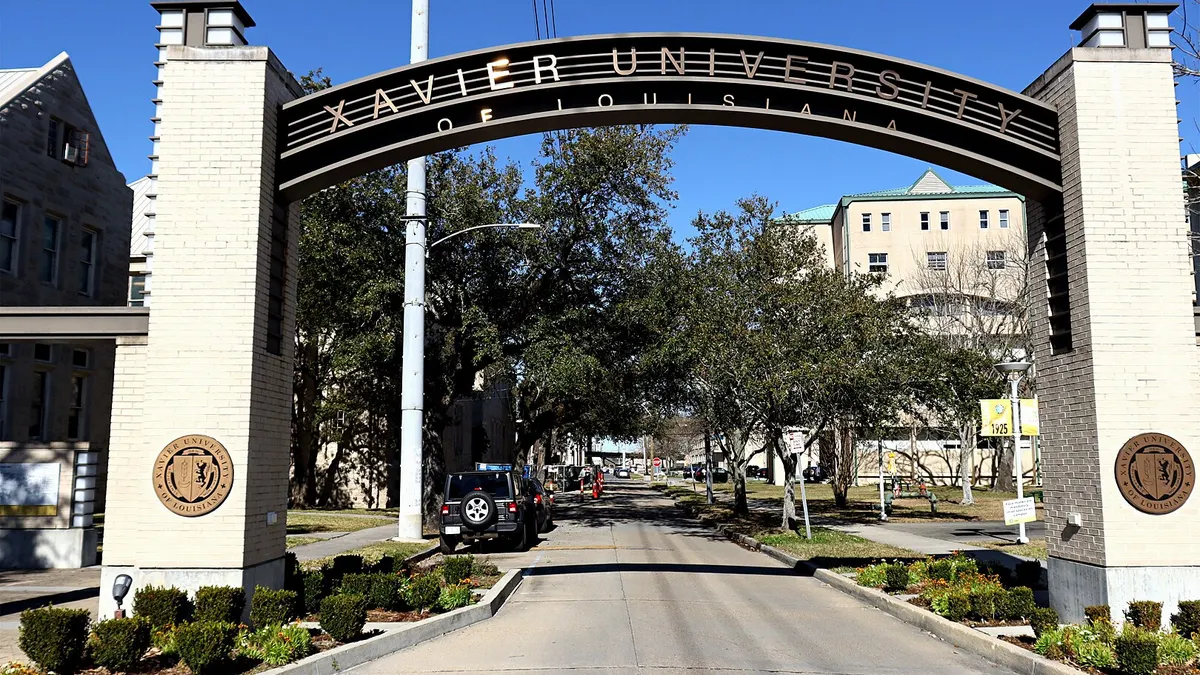Dive Brief:
- Michigan State University now offers students suffering from substance abuse specialized housing on campus in an effort to help them recover. The housing offers live-in peer support, 24-hour access to staff counselors, academic resources and social activities, according to the university's Student Health Services.
- The university's Collegiate Recovery Community grew out of the work of The Travelers Club, a student-sponsored support group for those in recovery, and requires that students abstain from alcohol and drugs and attend weekly support sessions. The community is funded in part through the university's fundraising program, which helps pay for food, supplies, staff and workshops.
- Michigan State estimates more than 750 of its students are seeking help for a substance abuse disorder.
Dive Insight:
Michigan State joins Penn State Univerisity, Ohio State University and Rutgers University in New Jersey, which opened the first collegiate recovery housing in the country in 1988. Rutgers said students living in the facility have a 95% recovery rate and a 3.2 GPA average. The Association of Recovery in Higher Education reported in April that 175 campuses have some form of formal recovery program, according to the Pittsburgh Post-Gazette, but fewer than 40 have housing for the programs.
One 2015 study that surveyed participants in college recovery programs noted attending college and the transition to adulthood offers students freedom but also challenges, referencing an earlier study that said a campus can be an "abstinence-hostile environment."
While alcohol consumption is a severe problem on college campuses, drug overdoses are the leading cause of death for Americans under 50. James Winnefeld, former vice chairman of the Joint Chiefs of Staff, wrote in The Atlantic about his son's death at the University of Denver from an overdose. He is also co-chair of SAFEProject.us, which works to tackle the opioid epidemic and has a college campus component.
Opioid addiction is a growing problem on campus. The Henry J. Kaiser Family Foundation reports it killed 4,110 people under 25 in 2016, almost double the number of opioid overdose deaths for that age group in 2006.
In West Virginia, the state recently announced it was awarding $100,000 to expand recovery programs at state universities. State officials noted students in these programs nationwide have an average 90% graduation rate and a relapse rate of under 8%.
A 2016 federal study found the illicit drug-use rate among 18-to-25-year olds to be as high as 38%. Alcohol is consumed by 60% of students, according to the National Institutes of Health, and two-thirds of those learners have participated in binge drinking.








